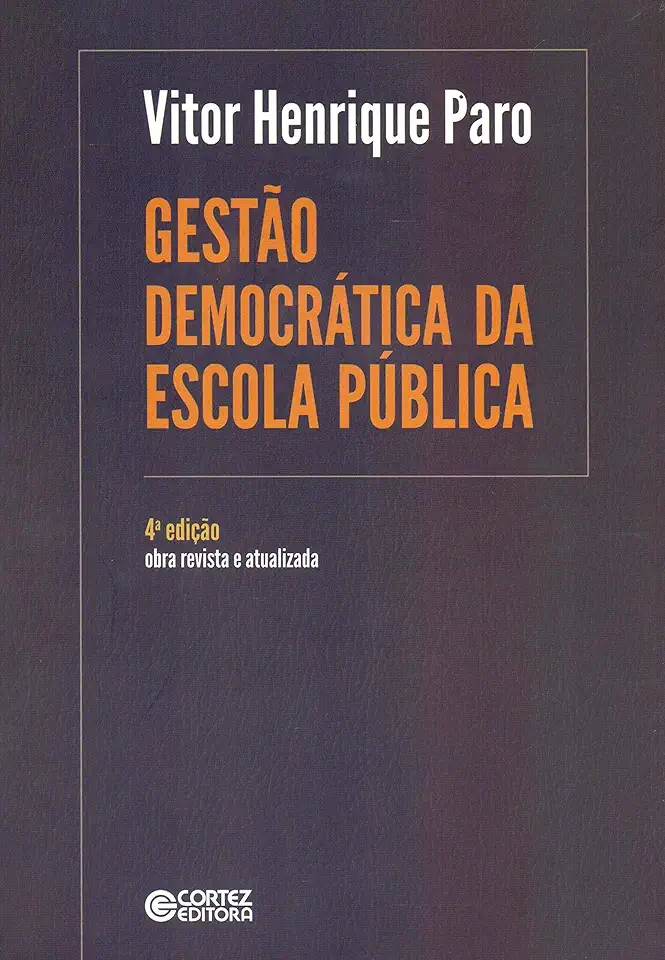
Democratic Management of Public Schools - Vitor Henrique Paro
Democratic Management of Public Schools: A Comprehensive Guide to Empowering Educators and Communities
Introduction
In the realm of education, the concept of democratic management has emerged as a transformative approach that places the power of decision-making in the hands of those who are directly involved in the educational process—educators and community members. This groundbreaking book, "Democratic Management of Public Schools" by Vitor Henrique Paro, offers a comprehensive exploration of this innovative management style, providing a wealth of insights and practical strategies for its successful implementation.
Key Features of Democratic Management
Empowerment of Educators: Democratic management recognizes the expertise and dedication of educators, granting them the autonomy to make decisions that directly impact their students' learning experiences. This empowerment fosters a sense of ownership and accountability, leading to improved educational outcomes.
Community Engagement: By actively involving parents, community members, and other stakeholders in the decision-making process, democratic management ensures that the educational system remains responsive to the needs and aspirations of the community it serves.
Shared Leadership: Democratic management promotes a collaborative leadership style, where educators and community members work together to set goals, make decisions, and solve problems. This shared responsibility fosters a sense of unity and purpose, driving the school towards its educational objectives.
Transparency and Accountability: Democratic management emphasizes transparency in decision-making processes, ensuring that all stakeholders are well-informed and have a clear understanding of the rationale behind decisions. This transparency fosters trust and accountability, strengthening the relationship between the school and the community.
Benefits of Democratic Management
Improved Student Outcomes: Democratic management has been consistently linked to enhanced student achievement, as it creates an environment that is conducive to learning, collaboration, and innovation.
Increased Teacher Satisfaction: By empowering educators and giving them a voice in decision-making, democratic management fosters a positive work environment, leading to increased job satisfaction and retention of talented teachers.
Enhanced Community Engagement: Democratic management strengthens the connection between the school and the community, fostering a sense of shared responsibility and support for education.
Greater Equity and Inclusion: By ensuring that all stakeholders have a voice in decision-making, democratic management promotes equity and inclusion, ensuring that the educational system serves the needs of all students.
Conclusion
"Democratic Management of Public Schools" is an essential resource for educators, administrators, policymakers, and community members who are committed to transforming education through democratic principles. With its wealth of research-based insights and practical strategies, this book provides a roadmap for creating a more equitable, effective, and engaging educational system that empowers educators and communities to shape the future of education. Embrace the power of democratic management and unlock the full potential of your school community!